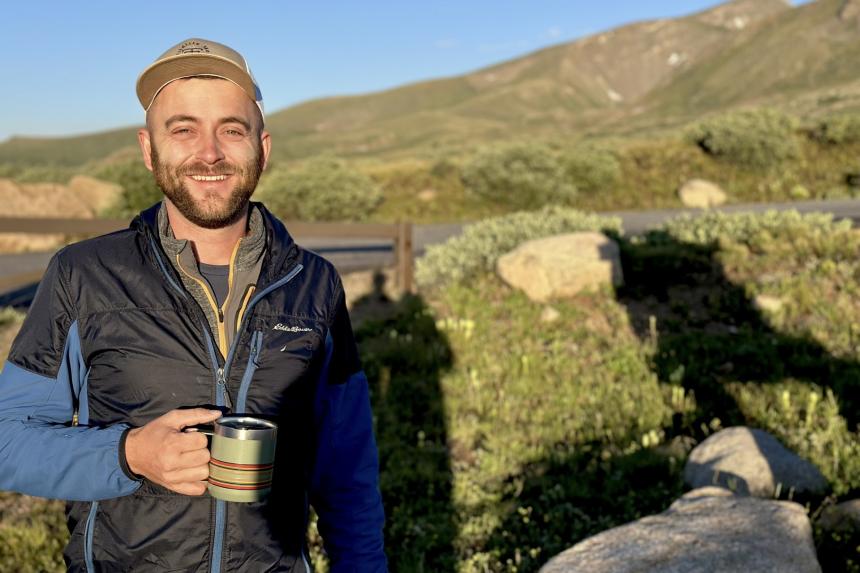In the News

June 10, 2025
The U.S. Fish and Wildlife Service and the National Marine Fisheries Service aim to narrow the definition of “harm” under the Endangered Species Act, potentially allowing habitat destruction that puts wildlife at risk.

June 06, 2025
For Myanmar refugees in upstate New York, fishing is more than a pastime—it's a vital link to culture, community, and well-being, as explored in a new study by Cornell's Kathryn Fiorella and colleagues.

June 05, 2025
As a young child, an eager zoo camper, and later a teen volunteer at the Maryland Zoo in my hometown of Baltimore, I was always drawn to the lemurs in the zoo’s collection...

June 04, 2025
The Special Species Symposium, hosted by the Cornell Zoo and Wildlife Society, united passionate individuals to dive into the world of zoo, wildlife, exotic, and conservation medicine.

June 02, 2025
The Cornell College of Veterinary Medicine hosted its second Symposium on Artificial Intelligence in Veterinary Medicine on May 16-18, with the theme “Innovation, Inclusion, and Impact.”

May 29, 2025
On March 28, 2025, the Cornell K. Lisa Yang Center for Wildlife Health launched its inaugural Cornell K. Lisa Yang Distinguished Speaker Series, highlighting the center’s commitment to advancing One Health.

News
May 28, 2025
J. Hunter Reed, MPH, DVM ‘20, entered veterinary school at Cornell University with the goal of becoming a veterinarian for dairy cows. While he focused his clinical training in production animal medicine, his experiences led to a strong interest in population health on a larger scale....

May 15, 2025
Cornell's Sebastian Heilpern and Kathryn Fiorella provide expert insight on sustainable fish and seafood choices.

May 13, 2025
Cornell researcher Raina Plowright and colleagues recently found that habitat disruption and dietary changes in bats can increase their risk of spreading disease.

April 30, 2025
On February 11-12, 2025, Dr. Pete Coppolillo, Executive Director of Working Dogs for Conservation (WD4C), was welcomed to Cornell University as a special guest speaker to discuss how dogs are helping to further conservation efforts.
